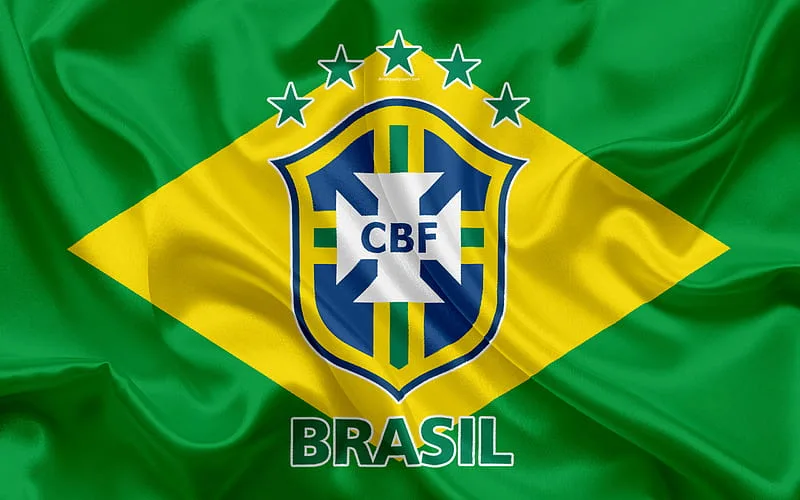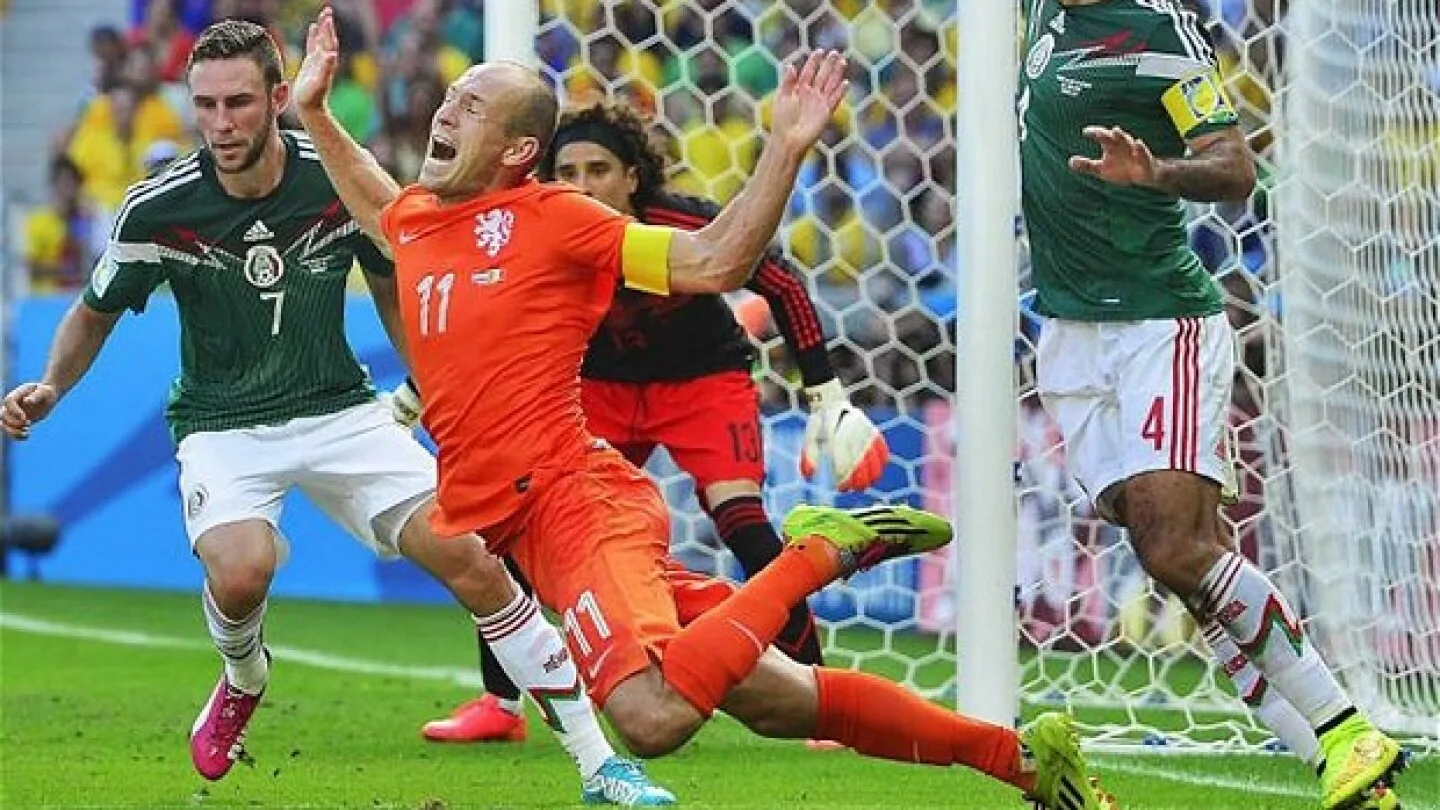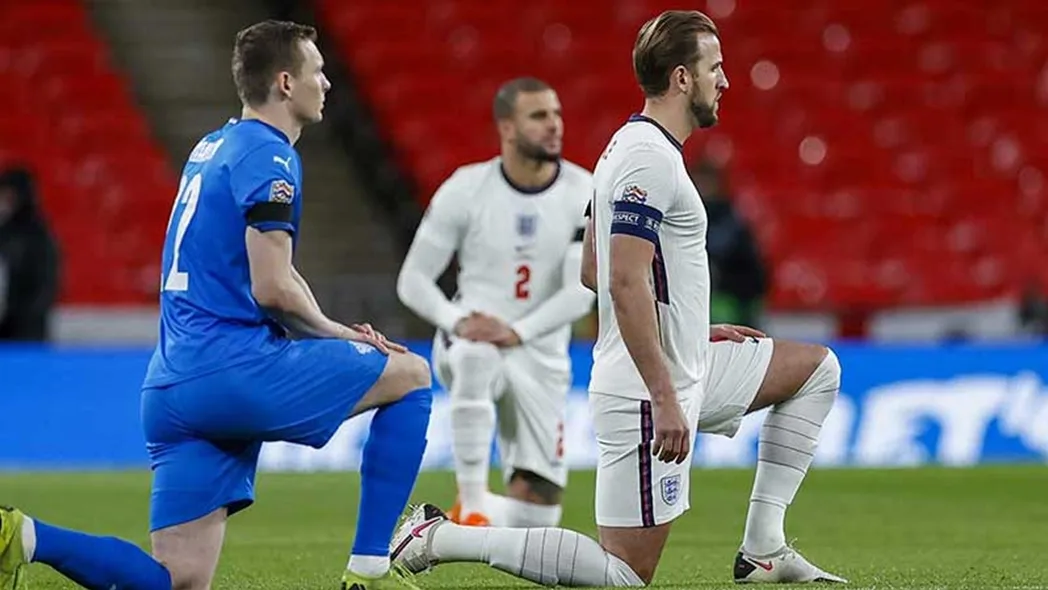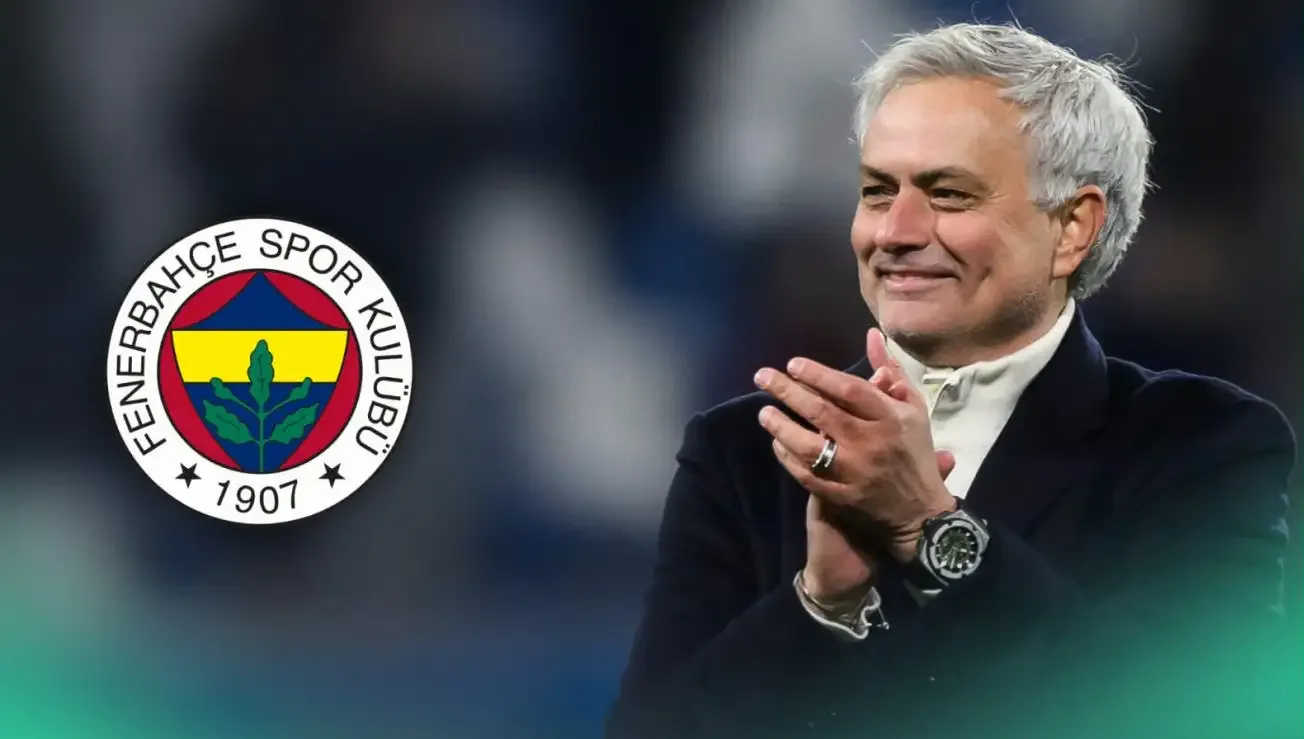Racism in Brazilian football has been a longstanding problem that has affected players, teams, and the sport as a whole. The issue is not limited to the professional level but is also prevalent in grassroots football. In Brazil, black people have been beaten to death in supermarkets on Black Consciousness Day, routinely harassed, and brutalized.
The historical context of racism in Brazilian football dates back to the 1930s when Brazil’s dictator Getúlio Vargas used football to promote the myth of Brazilian racial democracy. However, attempts to forbid black people from playing in official matches were made in the early days of Brazilian football, and some Afro-Brazilian players felt compelled to straighten their hair to fit in. Despite the progress made since then, racism still persists in Brazilian football, and it is a problem that needs to be addressed.
Key Takeaways
- Racism in Brazilian football is a longstanding problem that affects players and teams at all levels.
- The issue of racism in Brazilian football has its roots in the country’s history of racial inequality and discrimination.
- Efforts towards inclusivity have been made, but more needs to be done to eradicate racism from Brazilian football.
Historical Context of Racism in Brazilian Football
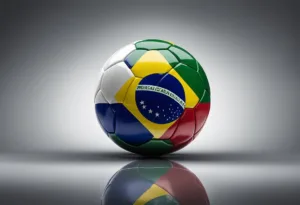
Racism has been a longstanding problem in Brazilian football, dating back to the early 20th century. During this time, the country was still grappling with the legacy of slavery, which had only been abolished in 1888. As a result, racial tensions were high, and football became one of the few avenues for black Brazilians to achieve success and recognition.
However, even on the football field, black players faced discrimination and prejudice. They were often subjected to racist taunts and abuse from both fans and opposing players. This discrimination was particularly prevalent in the southern regions of Brazil, where the majority of the population is of European descent.
Despite these challenges, black players continued to excel in Brazilian football. In the 1950s and 1960s, players like Pelé and Garrincha helped Brazil win multiple World Cups and cemented the country’s reputation as a football powerhouse.
However, even as these players achieved success on the field, they continued to face discrimination off the field. Many were denied opportunities to coach or manage teams, and were often paid less than their white counterparts.
Today, racism remains a significant problem in Brazilian football. Black players continue to face discrimination and abuse from fans and other players. In recent years, there have been numerous incidents of racism in Brazilian football, including players being subjected to racist chants and even having bananas thrown at them during matches.
Efforts have been made to combat racism in Brazilian football, including the introduction of anti-racism campaigns and the punishment of fans and players who engage in racist behavior. However, much work remains to be done to ensure that black players are treated fairly and with respect both on and off the field.
Prevalence of Racism in Brazilian Football
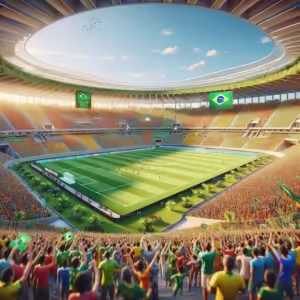
Racism has been a persistent issue in Brazilian football for decades. Despite numerous efforts to combat it, the problem continues to persist in various forms. The following subsections will explore the prevalence of racism in Brazilian football.
Racial Abuse in Stadiums
Racial abuse in stadiums is one of the most visible forms of racism in Brazilian football. Fans have been known to hurl racial slurs and insults at players during matches. This behavior is not limited to a few isolated incidents but is rather widespread. In fact, according to a survey conducted by the Brazilian polling firm Datafolha, over half of Brazilian football fans have witnessed racial abuse in stadiums 1.
The consequences of this behavior can be severe. Players who are subjected to racial abuse may suffer from emotional distress, loss of confidence, and even physical harm. In some cases, players have been forced to leave the field due to the abuse they have received.
Discrimination in Clubs and Management
Discrimination in clubs and management is another form of racism that has plagued Brazilian football. Black players are often overlooked for positions of leadership and management, and are frequently subjected to discriminatory treatment. This can include being paid less than their white counterparts, being denied opportunities for career advancement, and being subjected to racist remarks and attitudes.
The lack of diversity in leadership positions is a major contributing factor to the persistence of racism in Brazilian football. Until clubs and management take active steps to address this issue, it is unlikely that significant progress will be made in combating racism in the sport.
Overall, racism in Brazilian football is a complex issue that requires a multifaceted approach to address. While progress has been made in recent years, there is still much work to be done to create a more inclusive and welcoming environment for all players and fans.
References:
Impact of Racism on Players and Teams

Psychological Effects on Players
Racism in Brazilian football has a devastating impact on players, especially those who are targeted. The psychological effects of racism can be long-lasting and can cause emotional distress, anxiety, and depression. Players who experience racism may suffer from low self-esteem and a lack of confidence, which can negatively affect their performance on the field.
In addition, players who are subjected to racism may experience feelings of isolation and alienation from their teammates, fans, and the broader football community. This can lead to a breakdown in team cohesion and a decline in overall team performance.
Team Dynamics and Performance
The impact of racism is not limited to individual players; it can also have a significant impact on team dynamics and performance. Racism can create a toxic environment that erodes team morale and cohesion. When players are subjected to racism, it can create tension and conflict within the team, which can lead to poor communication, lack of trust, and a breakdown in teamwork.
Furthermore, when a team’s players are targeted with racism, it can affect the team’s reputation and image. This can lead to a decline in fan support and can negatively impact the team’s financial performance. It is essential for football organizations to take a strong stance against racism and to implement effective measures to prevent and address racist behavior.
Overall, the impact of racism in Brazilian football is significant and far-reaching. It affects not only individual players but also team dynamics and performance. It is crucial for football organizations to take a proactive approach to combat racism and to create a safe and inclusive environment for all players.
Responses to Racism

Anti-Racism Campaigns
In response to the problem of racism in Brazilian football, several anti-racism campaigns have been launched. One such campaign is the “Racism is Out” campaign, which was launched by the Brazilian Football Confederation (CBF) in 2014. The campaign aims to raise awareness about the issue of racism in football and to encourage players, coaches, and fans to take a stand against it.
Another anti-racism campaign is the “Somos Todos Macacos” (We Are All Monkeys) campaign, which was launched by Brazilian footballer Neymar in 2014. The campaign aims to promote racial equality and to raise awareness about the issue of racism in football.
Legal and Disciplinary Actions
The CBF has taken legal and disciplinary actions against instances of racism in Brazilian football. In 2023, the CBF announced a zero-tolerance policy towards racism in football, which includes points deductions, stadium closures, and fines for clubs whose fans engage in racist behavior [1]. The CBF has also worked closely with the Observatory on Racial Discrimination in Football, which tracks all acts of racism, homophobia, misogyny, and xenophobia in stadiums since 2014, providing detailed annual reports that demonstrate the enormity of the problem [1].
In addition, the Brazilian government has passed legislation aimed at combating racism in football. The “Law of the Stands” (Lei dos Estádios) was passed in 2013 and requires all football stadiums in Brazil to have a designated area for away fans, as well as CCTV cameras to monitor crowd behavior. The law also allows for the banning of fans who engage in racist behavior [2].
Overall, while progress has been made in combating racism in Brazilian football, there is still a long way to go. The problem of racism in football is a complex issue that requires a multifaceted approach, including education, awareness-raising, and legal and disciplinary actions.
References
- Zero tolerance against racism in Brazilian football: points deductions and stadium closures
- Brazil’s new law to tackle football racism
Role of Media and Public Opinion

Media Coverage of Racist Incidents
The media plays a significant role in shaping public opinion on issues related to racism in Brazilian football. In recent years, there has been an increase in media coverage of racist incidents in football matches, both at the grassroots and elite levels. The media has been instrumental in exposing these incidents and highlighting the need for action to be taken to address the issue.
Media coverage of racist incidents has helped to raise awareness of the problem, both in Brazil and internationally. The media has also been critical in holding football authorities accountable for their responses to incidents of racism. For example, in 2021, The Guardian reported on the racism problem in Brazilian football, highlighting the need for action at all levels of the game.
Public Sentiment and Activism
Public sentiment and activism have also played a role in addressing the problem of racism in Brazilian football. There has been a growing awareness of the issue among the general public, and many people have taken to social media to express their outrage at incidents of racism in football.
Activists and civil society organizations have also been working to combat racism in Brazilian football. For example, the NGO Criola has been at the forefront of efforts to address the problem of racism in football, working to raise awareness of the issue and push for action to be taken.
Overall, media coverage and public sentiment have been instrumental in raising awareness of the problem of racism in Brazilian football and pushing for action to be taken to address it. While there is still much work to be done, these developments are a positive step towards creating a more inclusive and equitable football culture in Brazil.
More Articles:
Also See: Kings of Diving in Football History: A Look at the Most Notorious Players
Also See: The Usage of VAR Technologies in Football: A Comprehensive Overview
